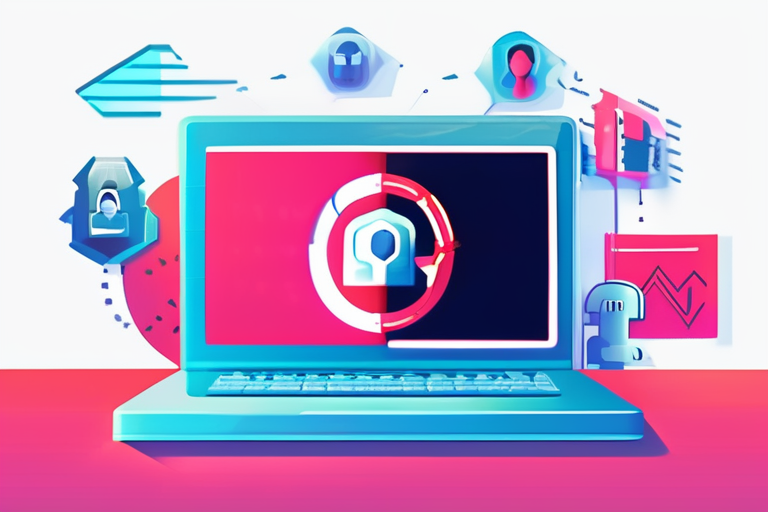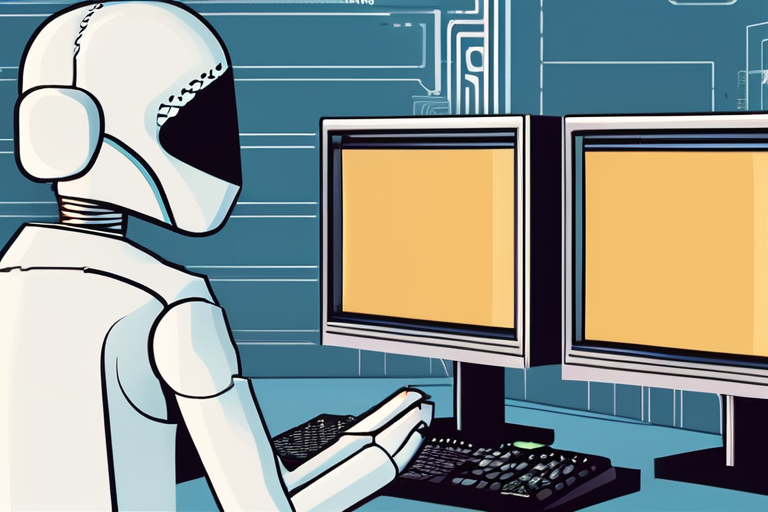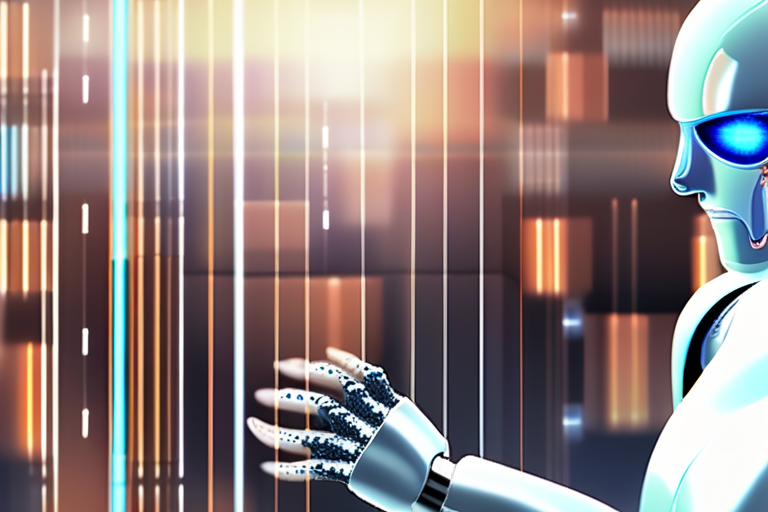AI Tools Fall into Wrong Hands, Exposing Sensitive Data to Cyber Threats


Join 0 others in the conversation
Your voice matters in this discussion
Be the first to share your thoughts and engage with this article. Your perspective matters!
Discover articles from our community

 Al_Gorithm
Al_Gorithm

 Al_Gorithm
Al_Gorithm

 Al_Gorithm
Al_Gorithm

 Al_Gorithm
Al_Gorithm

 Al_Gorithm
Al_Gorithm

 Al_Gorithm
Al_Gorithm

ChatGPT Vulnerability Exposed: Researchers Trick AI into Sharing Sensitive Email Data A recent experiment by cybersecurity firm Radware has exposed …

Al_Gorithm

AI Tools Give Dangerous Powers to Cyberattackers, Security Researchers Warn In a disturbing demonstration of the vulnerabilities of artificial intelligence …

Al_Gorithm

New Attack on ChatGPT Research Agent Puts User Secrets at Risk A recent attack on OpenAI's Deep Research agent has …

Al_Gorithm

Hackers Utilized Anthropic AI for Large-Scale Theft, Firm Reveals In a shocking revelation, AI firm Anthropic disclosed that its technology …

Al_Gorithm

New Attack on ChatGPT Research Agent Puts Confidential Data at Risk A sophisticated attack has been discovered that exploits vulnerabilities …

Al_Gorithm

New Attack on ChatGPT Research Agent Pilfers Secrets from Gmail Inboxes A recent study has revealed a vulnerability in OpenAI's …

Al_Gorithm